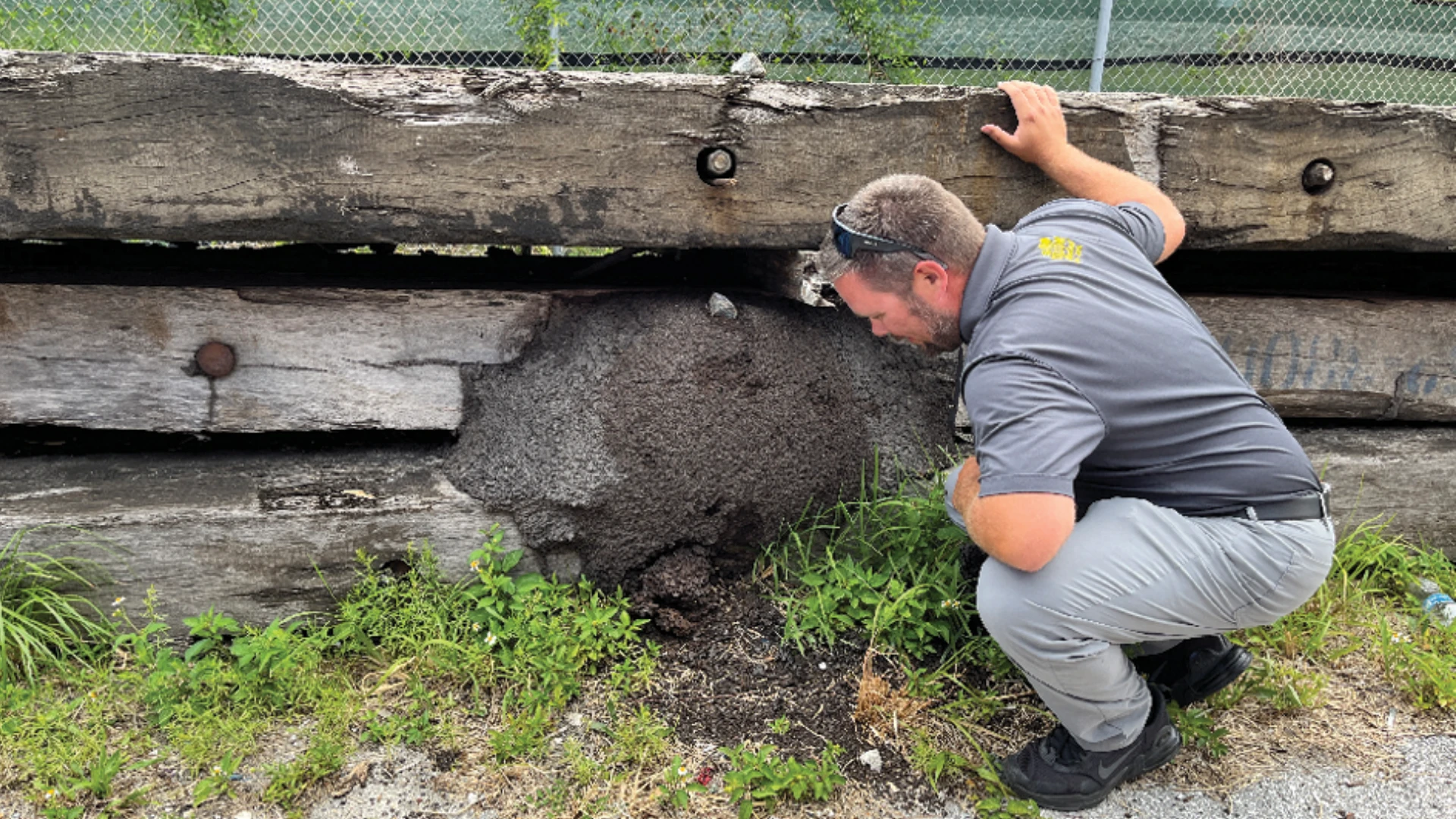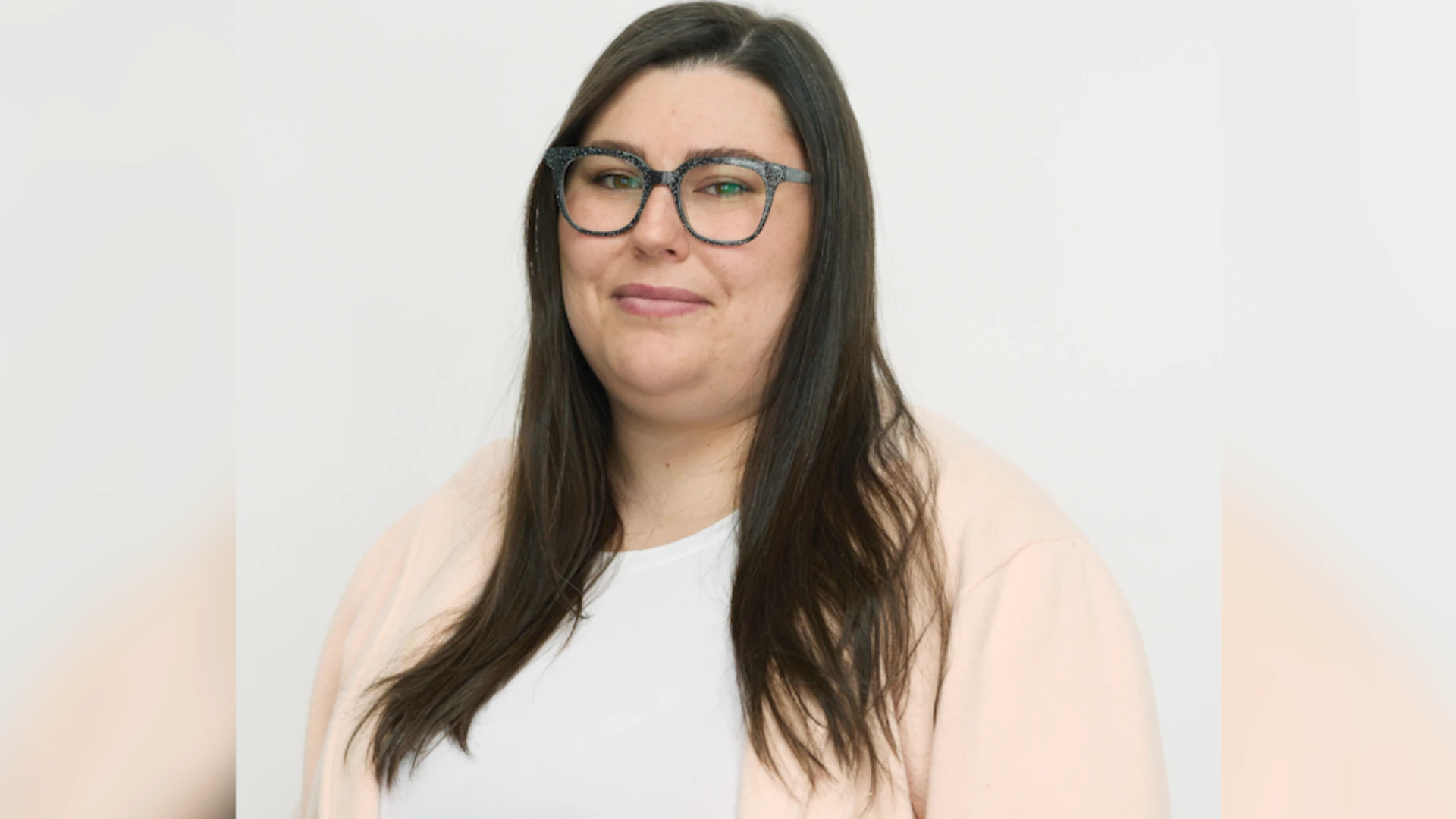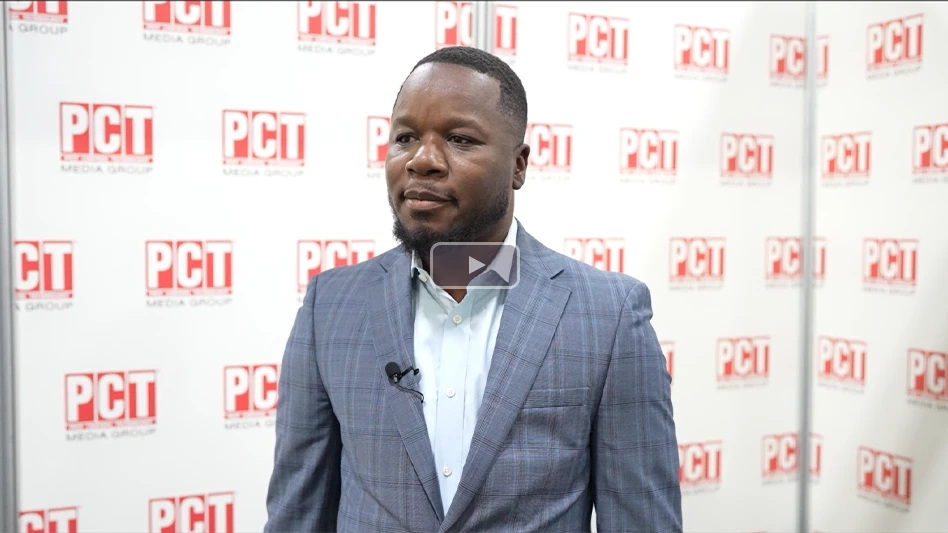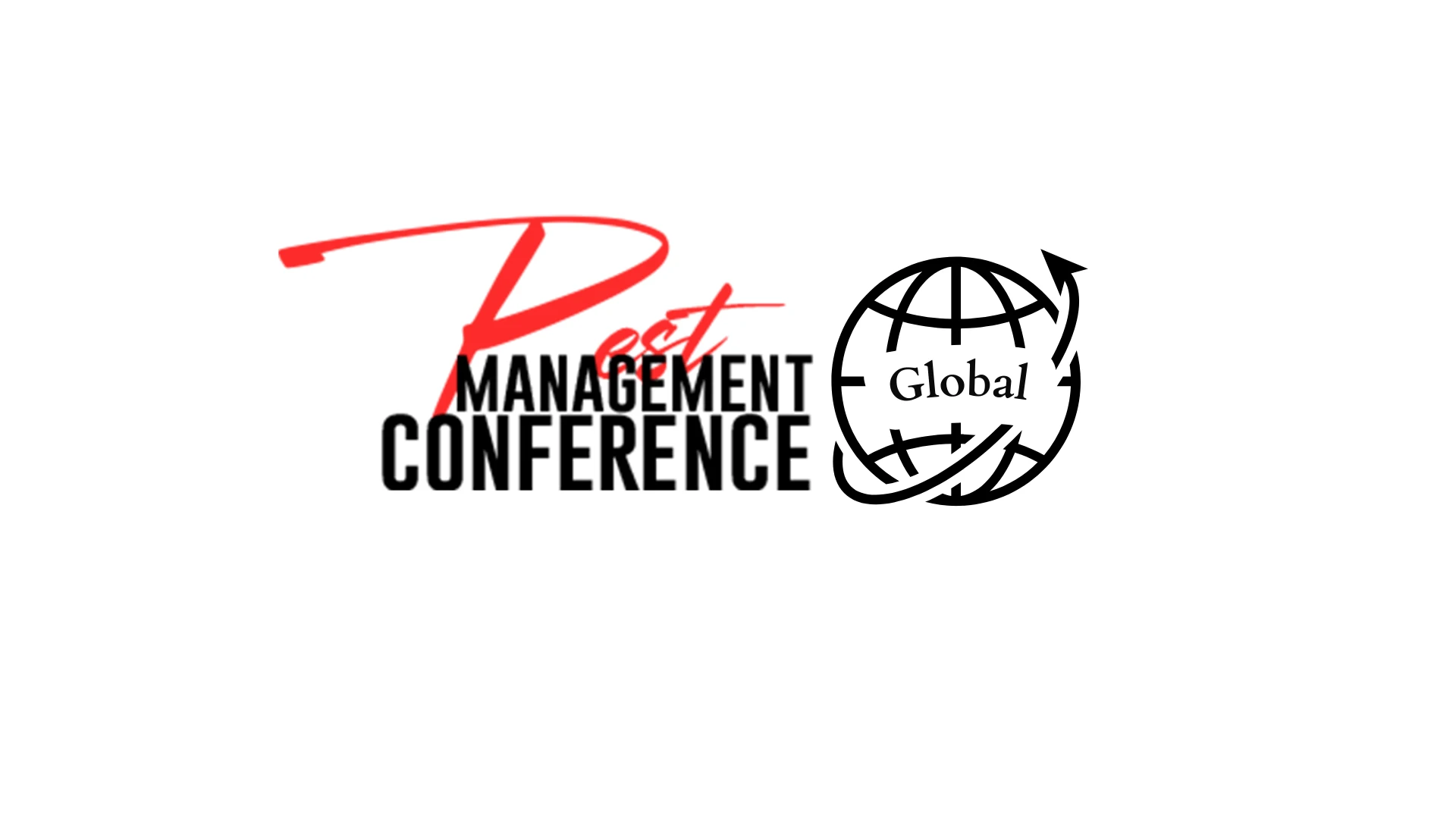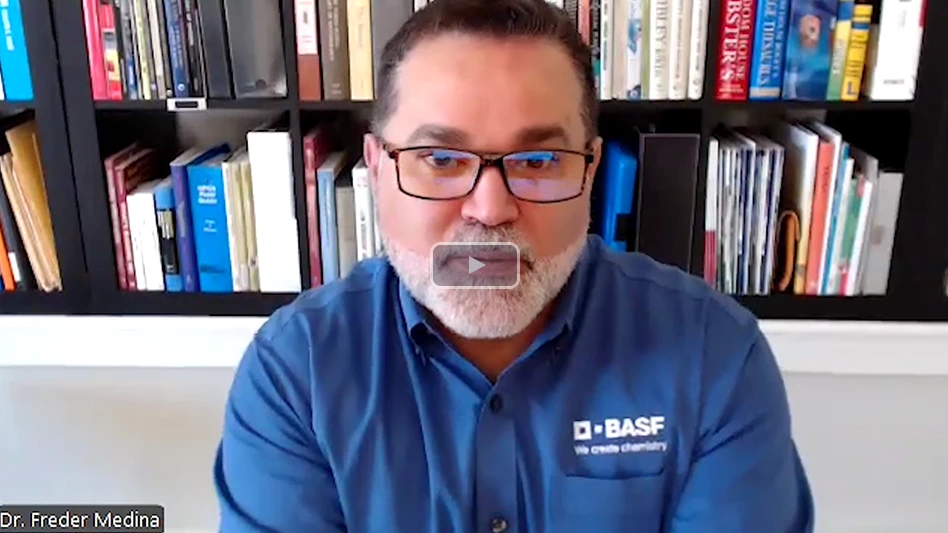On Sept. 11, 2001, the country’s collective view of the world changed. Many people’s perspective on home and family, conflict and revenge, safety and security, changed in an instant. Many likely thought to themselves "nothing will ever be the same again."
Of course, because of the devastating loss of innocent lives, Sept. 11 is a day that will be forever etched in the minds of the people who lived through it. But slowly and surely — as is the nature of the American people — we started to bounce back. In the months that followed the attacks, even though they may have been nervous, people began to fly as evidenced
|
|
n Sept. 11, 2001, the country’s collective view of the world changed. Many people’s perspective on home and family, conflict and revenge, safety and security, changed in an instant. Many likely thought to themselves "nothing will ever be the same again."
Of course, because of the devastating loss of innocent lives, Sept. 11 is a day that will be forever etched in the minds of the people who lived through it. But slowly and surely — as is the nature of the American people — we started to bounce back. In the months that followed the attacks, even though they may have been nervous, people began to fly as evidenced by attendance at the 2001 NPMA Pest Management Convention in New Orleans. Just six weeks after that tragic day, thousands of pest management professionals made their way to the annual convention — in part to see what the latest industry innovations were, but more importantly perhaps to send a message that America wouldn’t be intimidated.
Nonetheless, there have been changes in everyone’s lives as a result of the tragic events in New York, Washington, D.C., and Pennsylvania. Following the attacks on the United States, as well as the subsequent anthrax scare, the pest control industry had to undergo some changes as well — and security was at the top of the list, at least initially.
In a recent PCT e-mail survey, 41 percent of PCOs said they have taken steps to make their pesticide storage facilities more secure in the wake of the terrorist attacks. Others have simply asked company personnel to be more diligent when securing pesticides at night and when traveling in their vehicles throughout the day.
"We have not implemented any new procedures," said Zia Siddiqi, director of quality assurance for Orkin’s Acurid Commercial Services, Atlanta, Ga. "We always had security, our trucks are very well marked, technicians have identification and are uniformed, and we’re a nationally recognized company. The only thing we’ve been asking (is that) everyone be more compliant (i.e., technicians wearing identification badges)."
"All of our trucks are locked anyway, because the New York State Boards require that they be locked at all times," added Dave Kane, president of Pelican Pest Control, Brooklyn, N.Y., so the security changes at his company — like most of his colleagues throughout the country — haven’t been significant.
The same is true of employee screening practices. While 35 percent of PCOs surveyed by PCT say they have enhanced their screening procedures in recent months, the majority have not, indicating it’s not a serious concern for most PCOs.
FINANCIAL IMPACT. Individuals at several pest management firms contacted by PCT said their businesses have been affected financially by the events of Sept. 11. Not surprisingly, companies on the East Coast, particularly those servicing Manhattan, suffered the greatest economic loss.
Mike Deutsch, technical director of Manhattan-based Assured Environments, which serviced the World Trade Center, said his company was fortunate not to have suffered any fatalities, although it was impacted financially. One technician was hospitalized with minor injuries following the World Trade Center attacks, while a second barely escaped with his life. The latter technician was waiting for an elevator to take him to the 50th floor of the North tower when it was rocked by the explosion.
"He heard the explosion, immediately left the building and the last time we saw him he was covered with white dust and debris," Deutsch recalled.
For the vast majority of PCOs throughout the country, however, the terrorist attacks have had little impact on their bottom line (see chart on page 42). In fact, 57 percent of those responding to a PCT e-mail survey said the attacks had no long-term negative financial impact on their company.
"I don’t know if it’s direct or indirect, but my business is having a banner year," said Andy Linares, president of Bug Off Pest Control Center, New York. "It’s hard to determine whether it’s a consequence of Sept. 11, which I doubt, or simply that we’re in New York City, which is a prime hub of every vermin you can think of." Bug Off Pest Control Center, located at the northern tip of Manhattan, is a product distributor and training institution for area pest control companies.
"We’re having a brutal summer. We’re even seeing insects that we haven’t come in contact with traditionally like bed bugs and springtails," Linares said. In addition, cockroach and rodent populations are "quite large" as well, according to Linares.
Many say that it’s impossible to attribute everything affecting the business community to a single event, even one as far-reaching as the Sept. 11 attacks. Other factors likely have had a greater impact on the pest control industry, including weather and the economy, which has been directly and indirectly impacted by the events of Sept. 11.
"I don’t see anything right now that ties into Sept. 11 as far as what we do on a daily basis. Right now, my situation is ‘business as usual,’" said Richard Kirshner, president of Aerex Pest Control Services, Chicago. "At this point, I think there are so many other issues. So many people are worried about other problems whether it’s mosquitoes and the West Nile virus or it’s the market because they don’t have the same assets that they had last year. They’re worried about their jobs since Sept. 11. Things have changed. It’s not the same as it used to be. I don’t think it will ever be the same."
With all the turmoil companies have experienced in the past year, it seems that business in the pest control industry has remained somewhat unaffected.
"I do think that we have some of the fallout with the economy," continued Kirshner. "Can we blame the economy on Sept. 11? Certain people think they can. I’m not sure. The economy isn’t good right now. There are people losing their jobs. There are people that are not paying their bills quite as quickly as they used to."
Like the rest of the country, pest control companies are adapting to the "new reality" and moving forward with optimism.
"I don’t want to say that it’s almost ‘business as usual,’ because that would trivialize a horrific event. But in my honest opinion, I don’t see any significant changes other than bumps in the road," said Richard Kramer, director of technical services, American Pest Management, which has three offices in the Washington D.C. area. "We understand the need for security. So we just say, ‘That’s the cost of doing business,’ and proceed. We don’t complain about it. That’s what we’ve got to do to do our job."
"Nobody has thrown us out or said that they don’t need pest control services," added Siddiqi. "It has not affected the bottom line, but has certainly made us jump through a few more hoops to clear security."
Despite the inconveniences, however, PCOs say the industry has stood tall, performing well under challenging circumstances. "I think the general feeling is that we’re not going to be pushed by the terrorists. They’re not going to dictate our lives," said Joe Adamo of Southern Mill Creek Products of Ohio.
The author is a freelance writer in Milwaukee, Wis. He can be reached via e-mail at daustin@pctonline.com.
|
A VIEW FROM THE WHITE HOUSE
One way to gauge the effects of Sept. 11 on the pest control industry is to look at one of the more sensitive residential accounts in the nation: the White House. American Pest Management has two offices in Maryland and one in Virginia. Its client list includes the White House, the Vice President’s quarters, several U.S. Naval installations, most of the General Services Administration (GSA), and Presidential Park, which is adjacent to the White House. The company does the exterior pest control work including termite and rodent control. The National Park Service and GSA perform the interior pest control work. So, what is it like in Washington D.C. these days? “Security has gotten tighter,” observes Richard Kramer, director of technical services for American Pest Management. “It takes a little more time than it had prior to Sept. 11. Parking has gotten difficult as has actually getting access to a building. So it takes a little more time.” CLEARANCE ISSUES. When you get a call from a customer in need of pest control, you send a technician, right? Yes, but it’s not that easy in times of enhanced national security when technicians often-times require specialized clearance. “You can’t just send your backup person to a facility,” Kramer said. “For instance, we do about four Navy installations. We had a situation the other day where the three guys that had badges with Navy (clearance) were off or were done for the day. We got a call at 2:30 in the afternoon. It was tough to try to find somebody to go down there with a badge that could actually get on the installation.” Some situations are more problematic than in the past thanks to the enhanced security at many federal sites, according to Kramer. “If you don’t have the badge, if you don’t have somebody to sign-off and meet you, you can’t get into a lot of places,” he said. “Getting close to certain government buildings — and again, this might be more unique to our area because we’re right here in D.C. — parking places that were available on the street at several locations have now been removed,” Kramer said. “We’re talking about having to go two to three blocks instead of a block (in some parts). “Garage security is a lot more strict. Depending on the building, they will do a bomb search on the truck. They’ll check with mirrors, dogs, and wipes. So, again, service is a little bit difficult,” Kramer explained. ANTHRAX CONCERNS? “Oddly enough, anthrax was not a real problem,” Kramer said. “We do the White House and Presidential Park, which is adjacent to the White House. We started treating just before Sept. 11. We use tracking powder — which is a white dust — outside the rodent burrows on both properties with very few questions asked. Only one time in the past year did anyone really question what (the technician) was doing. “You dust the burrow with what is definitely a white powder. It totally blew my mind because I really anticipated that we would have a problem. We’re not taking it into a building. So that may be a part of it,” Kramer said. He also attributes the lack of concern to the fact that the same technician has serviced the account from the start. Security personnel may have grown to recognize and trust the technician. |
Arab Termite & Pest Control Feels Fallout
While many companies have been affected financially by the events of Sept. 11, at least one pest management company was affected physically as well.
"Having Arab as a name had an effect on our business," explained Syed "Sid" Shah, owner and president of Arab Termite & Pest Control Inc., Indianapolis, Ind. "People who are not familiar with the name may associate us with the Middle East," he said. Shah is a native of Pakistan.
Here’s how the name "Arab" came about for Shah’s company: In 1929, The Federal Chemical Company Inc. was founded. The popularity of Oriental rugs was widespread, as was damage caused by insects. The company developed a chemical formula to control moths and carpet beetles and company officials chose a name for the newly formed company that evoked images of flying carpets — Arab (pronounced A-rab) — from the story One Thousand and One Arabian Nights.
|
|
Because of the company name Shah lost some accounts this year in the wake of the Sept. 11 terrorist attacks. One account, the police department of a small suburban community the company had been servicing since 1984, canceled Arab’s services following the terrorist attacks. Shah explained the name of the company to police department representatives, but to no avail.
"I don’t know how much business we have lost on account of 9/11," Shah said, but it has had some impact on business. One Arab office, a franchised pest control company, received several threatening calls after Sept. 11. There were a few incidences of people shouting slurs and throwing bottles at Arab trucks.
To help remedy the situation, Shah added signs to his fleet of trucks that read, "American owned and operated since 1929."
"It has helped," said Shah. "We have not heard any slurs or had any bottles thrown at the trucks since adding the signs."
Shah added that the community generally has been supportive and has not caused problems. "Personally, being an owner of a company with an ethnic name, I have received many calls of concern, support and prayers (since Sept. 11) for which I am grateful," Shah said.
|
BUILDINGS IDEAL FOR RODENTS
To understand why rodent populations exploded in Manhattan following the Sept. 11 attacks, it helps to get an impression of what Lower Manhattan looked like in the wake of the destruction. “You’ve got to picture what it’s like there,” explained Tom Florio, manager of New York’s Ryan Exterminating, earlier this year. “There’s a great amount of damage. The sidewalks are torn up. The streets are torn up. The buildings are damaged…wide open at the bottom where the foundations are. And it’s all from falling debris. So naturally the rats are getting into all the buildings that are open and are taking a hold on everything down there. “When you open up the ground (in New York City) the rats come pouring out,” Florio said. “I don’t think it’s changed anywhere else, just in Lower Manhattan. There are more rodents and more rodent control there. You actually see them running around down there after the fact. I’ve seen them running around during the day.” Fortunately, the rodent problems in Lower Manhattan seem to be under control now. “As far as the rodent populations, things have pretty much leveled off ,” said Dave Kane, president, Pelican Pest Control, Brooklyn, N.Y.” |
PCOs REVIEW HIRING PRACTICES
A renewed conviction for security has prompted some to raise the bar slightly in hiring practices.
“We’ve gotten more strict with background checks — doing due diligence — when we hire someone. I think that’s something that should be considered now,” explained Mike Deutsch, technical director, entomologist and industry hygienist for Assured Environments, New York. “We did background checks prior to…for many years. But now, of course, the company we use also is a little bit more diligent in checking somebody’s background.” The policy at Assured Environments also includes drug testing.
“I would think that other people in the industry, probably all industries, increased their surveillance of new employees as a matter of fact,” Deutsch said.
|
HOME — MORE IMPORTANT THAN EVER
The events of Sept. 11 have caused many people to re-evaluate their priorities. Many are staying closer to home, making more home improvements, and settling in for the duration. “If anything, people are, perhaps, assessing what is important to them,” said Glen Rollins, executive vice president, Orkin. “Most people put their home and their household at the top of that list. “I do think that the trend is toward people valuing their home, spending more on their home, and caring more about the environment in which they live,” Rollins said. “It’s not going to be arrested by this event. It may even be amplified by it. We don’t see people reluctant to invest in protecting their home.” Valuing their homes has not produced the same results for all pest control operators. The economy has caused some homeowners to cut back on their spending. “We’ve certainly lost some residential customers,” explained Dave Kane, president, Pelican Pest Control, New York. “A lot of people are watching their money. They use us on an as needed basis as opposed to monthly.” Many of Kane’s business customers have also cut back from weekly pest control services to bi-weekly or even monthly. |
CLEARANCE TO ENTER MANHATTAN TOUGHENS
Tom Florio, manager for Ryan Exterminating in Staten Island, N.Y., explained the process of gaining clearance just to service clients’ buildings in Manhattan.
“The process to get a badge was… OK, first of all,” Florio said. “When you’re at the account you have to have a reason for being there. Now you have to see a supervisor or a manager that knows your purpose there. They have to fill out a form. You have to give all your information — your social security number, your height, weight, everything — they want a full description of you.
“After they fill out that form it is then signed by your employer. You bring it back to them and they OK it. Then they send you to another location uptown for a photo. Then and there they’ll make you a laminated pass that you have to wear around your neck at all times when you’re in the area.
“That was something that was never done before Sept. 11, obviously. But now it is,” explained Florio. “They’re looking out for your best interest. They don’t want anything to happen there ever again. You can’t blame them for that.”
|
WORKING IN MANHATTAN AFTER SEPT. 11
“All in all…everything is back in order now,” said Dave Kane, president, Pelican Pest Control, New York, who attributes acquiring new accounts as a result of Sept. 11. “The first couple of months were tough. It was tough on all of us. Everyone in the office knew somebody or lost somebody close to them,” said Kane. “Morale was down for awhile, but it’s back up to normal now. It’s going good.” Security continues to be a major issue in Manhattan. The greatest challenge resulting from heightened security is simply getting onto and off of the island. Another challenge Kane faces is the new policy of not allowing single-occupancy vehicles into Manhattan. He now runs two-man crews to service accounts in that area, which works out well since there is virtually no parking available in Manhattan. While one person services the account, the other waits in the double-parked truck. Kane’s crews also go through regular checkpoints upon entering Manhattan. There, security checks the entire truck and the technicians show MSDSs to verify the materials on board.” Another pest control operator, Mike Deutsch, technical director of Assured Environments in Manhattan, explains how the business was adversely affected by Sept. 11. “Some of the buildings we used to service are no longer there,” Deutsch explained. “We had a contract with One and Two World Trade Center. We were actually going to begin the end of September — to start doing the entire facility. But we also did the surrounding buildings, Seven World Trade, Five World Trade, Four World Trade — we worked in all of those buildings. Of course, they’re no longer there.” “So, economically we’ve taken a loss,” Deutsch continued. “It definitely had an impact on what we do. Everything else seems to be normal for this time of year. Normal levels of (pest) complains and work.” |
A CONSISTENT IMAGE OFFERS SECURITY
Trucks with your logo on it, uniformed technicians, and identification badges all add up to a good professional image and build brand awareness. Now, it also represents good security and possibly peace of mind for customers.
“There is a greater concern for security,” explained Andy Linares, president, Bug Off Pest Control Center, New York. “In other words, if [pest control companies] didn’t stress using uniforms in the past, they are doing so now. Have a uniform. Have an ID. Identify yourself as what you are—as a pest control operator. So I would say that would be one change [in security] I’ve noticed.”
|
REINFORCING IPM
Some pest control companies have reported that the industry and customers are both leaning toward non-chemical pest control — which is not a new trend for the industry, but a trend that may have been reinforced by 9/11. As Andy Linares, president of Bug Off Pest Control Center, explained, “The other thing I’m noticing — again, I don’t know if it’s a consequence of 9/11 or just the natural trend this industry is headed in — there’s less of an emphasis on the harsher approaches to pest control. There’s a great concern for environmental impact.” Another company agrees that there has been a general decline in the use of pesticides. “They’re a little bit hesitant to be so free with pesticides,” said Mike Deutsch, technical director, Assured Environments. They, like so many other pest control companies, take an IPM approach to pest control and use less pesticides. “So we were, more or less, prepared for this,” concluded Deutsch. |

Explore the October 2002 Issue
Check out more from this issue and find your next story to read.
Latest from Pest Control Technology
- The Evolving World of Electronic Rodent Monitoring
- Back-to-basics Approach for Cockroach Control
- PPMA Encourages PMPs to Take Part in Termite Awareness Week
- Moneypenny is a Provider of Virtual Receptionists
- Video: Top 10 PCT Photo Contest Finalists
- Massey Services Expands with Southeast Commercial Region
- Pest Management Foundation Announces Kevin J. Burns Scholarship
- How to Identify Clover Mites


